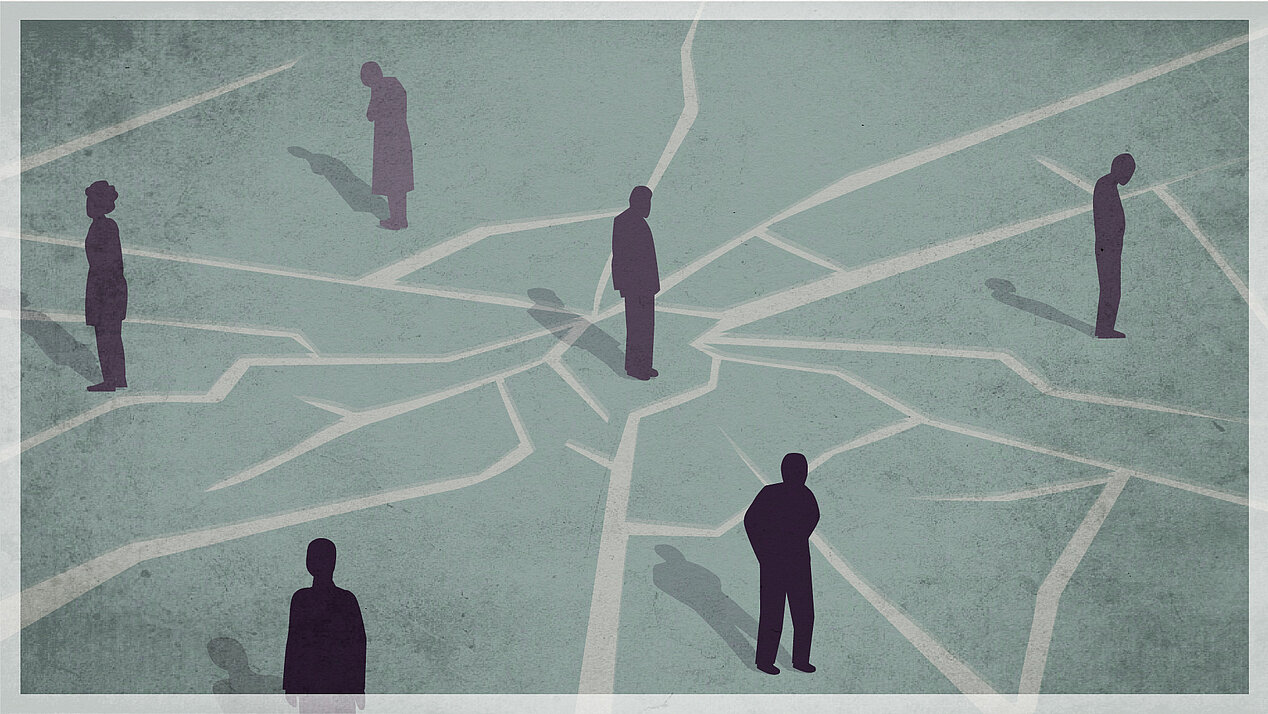However, the changes in welfare policy in Europe since the 1980s put an end to this development. Initially, the flexibilisation of labour market legislation was intended as a temporary compensation for the intensified competition on global markets. However, it became more entrenched. This led to the emergence of the dual labour market. Side by side with the workers safeguarded by the welfare state, there now exists a whole host of precarious workers. Mostly women. Temporary contracts, part-time jobs, temporary work, up to the extremes of 'zero-hour contracts' are part of everyday life not only on construction sites, in workshops, industrial halls and pubs, but also in administrations, universities and government departments. In addition, migrant workers are found in illegal employment.
For demographic reasons, regulated migration to Europe is more necessary than ever, as the number of contributors will soon be too scarce to finance pension systems in an ageing society. But under the prevailing conditions of the dual labour market, it is perceived only as potential competition. Angry, insecure and feeling left behind, autochthonous Blue and White Collars encounter discriminated, illegal migrant workers.
Side by side with the workers safeguarded by the welfare state, there now exists a whole host of precarious workers.
The chances in this situation of establishing a common representation of interests look bleak, with the result that the societal divide is advancing. This is compounded by the increasing fragmentation of the middle class. Thus, the emerging highly qualified representatives of the knowledge economy are increasingly separating themselves off from the traditional middle classes, which are among the biggest losers of the financial and economic crisis. Their savings were often destroyed and their life insurance policies lost considerable value. In the USA, many also lost their real estate. Their social position and prestige were gambled away. A feeling of impending loss of social status spread like wildfire.







